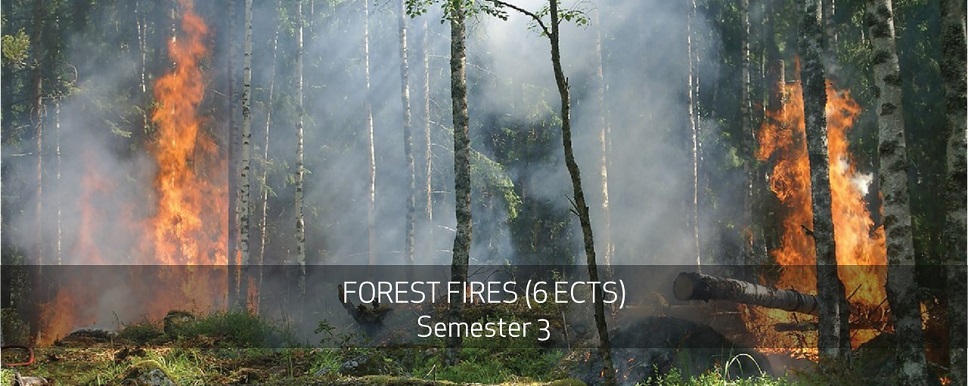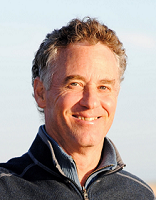
About this module
The exceptional fires in Australia or in Los Angeles are a clear example of how a warmer global climate can tip ecosystems into extreme situations. Fire-affected regions in the world are expected to expand spatially and temporally, as fire seasons begin earlier and end later.
Dynamics in the Wildland Urban Interface play a key role in fire ignition and propagation, and strategies can be implemented to limit vulnerability for fire-exposed populations. Among these are better planning rules and limited interface areas.
Learning outcomes
On successful completion of this module students should be able to:
- describe the fundamental processes driving forest fires (both climatic and human)
- explain strategies to mitigate forest fires through land planning and creating fire smart territories
- evaluate a town’s exposure to forest fire and improve its self-defence capabilities with the use of GIS
Learning approach
This module is project-oriented and includes a mixture of theory and practical work.
Theory: Fundamental Processes, Mitigation Strategies, Early Warning Systems.
Practical work: a case study that uses GIS to quantify fire exposure risk as well as post-fire soil erosion and flooding risks.
Topics Covered
- Forest fire fundamentals & fires in the Wildland Urban Interface (WUI)
- Post-fire runoff and erosion risks
Module Head

Dennis FOX
Professor of Geography at Université Côte d'Azur. Co-director of MSc Environmental Hazards and Risks Management.
Main research fields: Land use change and impacts of land use change on natural risks, Soil erosion in vineyards and post forest fire conditions, Water infiltration in soils, Runoff.
RESEARCH GATE
Lecturers
Christos BOUNTZOUKLIS
Scientific Project Officer
Geospatial Data Analyst
European Commission
RESEARCH GATE
Fabien GUERRA
French National Institute
for Agricultural and
environmental Research
(INRAE)
Renaud BARBERO
French National Institute
for Agricultural and
environmental Research
(INRAE)
RESEARCH GATE
Eric MAILLÉ
French National Institute
for Agricultural and
environmental Research
(INRAE)
RESEARCH GATE
Anne GANTEAUME
French National Institute
for Agricultural and
environmental Research
(INRAE)
RESEARCH GATE
Valentine AUBARD
French National Institute
for Agricultural and
environmental Research
(INRAE)
RESEARCH GATE
Laboratory for the Study
of Structures,Adaptation
Processes and Changes
in Space
(ESPACE)
RESEARCH GATE
Lieutenant-Colonel de Sapeurs-Pompiers
SDIS 06
Territorial risk management advisor
PROFILE
















